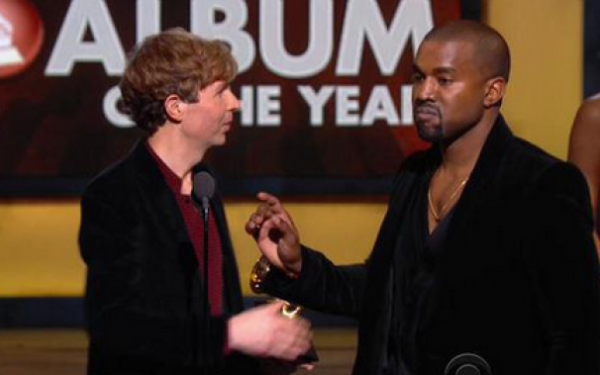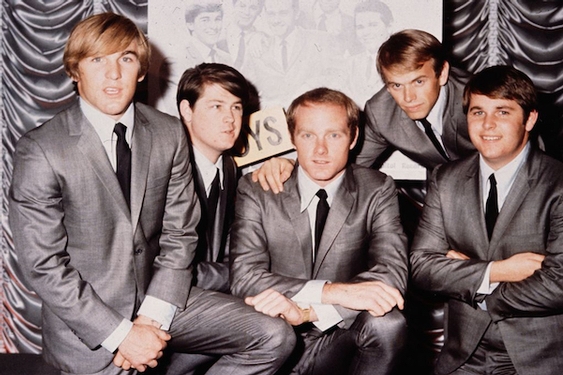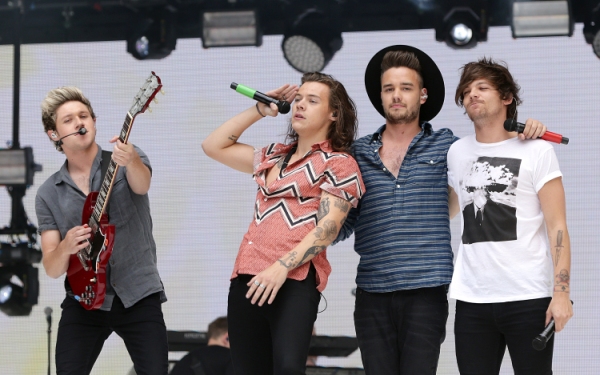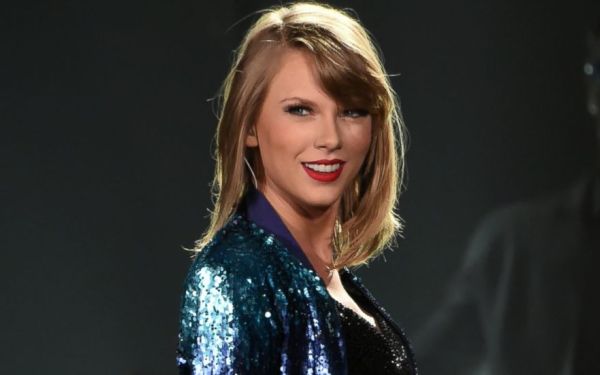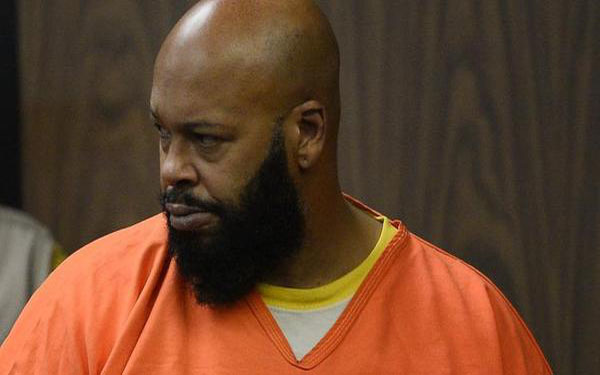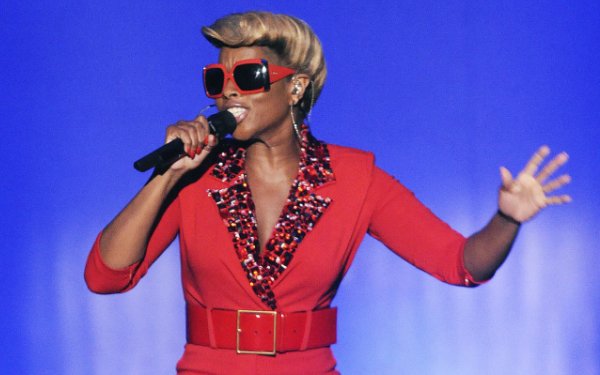Kanye West lost his temper at the Grammys on Sunday. No big news there. He did nearly the same thing in a notorious stage-storming Taylor Swift incident at the MTV Video Music Awards. Before that, he declared that “George Bush doesn’t care about black people” during a post-Katrina telethon.
The context this time was similar to the Swift-gate incident of 2009, though it had echoes of the racially charged comment: Someone other than his friend Beyonce, this time a blue-eyed genre-hopping veteran Los Angeles musician named Beck, won an award, the album of the year Grammy. West was certain it belonged to his peer.
West was mistaken, but not because Beck’s “Morning Phase” is demonstrably better than Beyonce’s “Beyonce.” Rather, West directed his rage at Beck when he should have called out the Recording Academy. There are, after all, strategies for winning awards. And since specific membership data isn’t public — one anonymous academy member has suggested that the voting rolls are dense with laid-off record executives, but who really knows? — those who follow Grammy history have long decried the vagaries of the process.
Apparently West didn’t get the note. In placing oversized value in an opaquely awarded Recording Academy honor, from a professional body that offers no demographic data on its votership and is most likely not a reflection of the population at large, he thoughtlessly bought into a narrative that with each passing year further reveals itself to be problematic. He also revealed his ignorance of a pop disturber as restless as himself.
Delivered by presenter Prince accompanied by an eye-roll (perhaps prompted by his 1985 “Purple Rain” snub to Lionel Richie’s “Can’t Slow Down”), Beck’s surprise trophy for his slow, graceful “Morning Phase” trumped the favorites, “Beyonce” and Sam Smith’s “In the Lonely Hour.”
As Beck, 44, approached the Staples Center podium, West leapt from his seat and — deja vu — headed toward center stage. For better or worse, this time he didn’t go for the microphone. Smiling playfully, he returned to his seat.
But when E! News caught up with him later, West’s anger was visible. With his wife, Kim Kardashian, at his side, he laid into the powers that made this decision — and with it further exposed a seam among competing interests that’s been splitting the Grammys for years.
After declaring himself and Beyonce “real artists,” he called out his implied “fake artist” Beck for making an album that many fans of commercial pop and hip hop most likely hadn’t heard. Anointing himself the ultimate arbiter of these matters, he said, “Beck needs to respect artistry, and he should have given his award to Beyonce. And at this point, we tired of it.”
It’s West’s “we” at the end of the sentence that separates his 2015 outrage from his more disruptive upstaging of Swift. In an us-versus-them post-Ferguson cultural climate, West wasn’t talking about his clique or his family. He was presuming to speak for all black musicians who are tired of being slighted by the Becks of the world. To West, the victory seemed to confirm something sinister about race, art and privilege in America.
Maybe it does. But on a practical scale, it mostly confirms that the Grammys process needs revising.
That’s not to diminish West’s “we.” He was speaking of bigger cultural issues, and in that sense his comments were the most vocal political moment in a night that featured Pharrell Williams’ choreographed “hands up, don’t shoot” gesture, a Beyonce performance of a gospel spiritual, “Take My Hand, Precious Lord,” and John Legend and Common’s performance of “Glory” from the film “Selma,” about the 1965 civil rights march through Alabama.
It was a heavy, often powerful set of performances, the kind designed to prompt scripted reflection on history and injustice. (The producers could hardly be faulted for slighting black music and musicians.)
As is his wont, though, West’s comments sparked a heated reaction because he didn’t mince words, didn’t hide behind metaphors. He shot from the hip. It was just the wrong target.
Artists including Sam Smith lined up to defend Beck’s victory. “Yeah, I was very shocked,” Smith said. “But Beck really deserved it, his performance was a real moment tonight.” On her Facebook page, Shirley Manson of Garbage wrote that it was West, not Beck, who was “disrespecting artistry.” “You make yourself small and petty and spoilt. In attempting to reduce the importance of one great talent over another, you make a mockery of all musicians and music from every genre, including you own. Grow up and stop throwing your toys around.”
Epic Records President Sylvia Rhone sided with West. In a tweet since deleted, Rhone suggested West take action. “Beck?!? Seriously ... take it from him @kanyewest.”
Overlapping interests and fan bases regularly split votership. As chart-tracking music journalist Chris Molanphy has noted, voters of fellow album of the year nominees Smith, Beyonce, Ed Sheeran and Pharrell, all of whom trade in commercial pop music, likely share many advocates among the Grammy electorate. That left the sole over-40 rock artist in the running, Beck, with an open road to victory.
Just picking nominees is confusing; it involves a series of votes from various committees, the results of which are funneled through an upper-level group that does its own vote based on unknown criteria — but likely involving prime-time ratings.
Inside-baseball talk aside, though, West further revealed a confounding hypocrisy in his critique.
“When you keep on diminishing art and not respecting the craft and smacking people in the face after they deliver monumental feats of music, you’re disrespectful to inspiration,” he said. “And we as musicians have to inspire people who go to work every day, and they listen to that ‘Beyonce’ album and they feel like it takes them to another place.”
Swap out “Beyonce” with “Morning Phase” and this could have been uttered by the president of the Beck fan club.
After all, for the millions of fans who have bought Beck’s music over the years and aren’t as solipsistic as West, Beck has long taken them to what he called “another place.” It’s a realm far removed from Beyonce’s remarkable work but is as artistically accomplished, and part of a body of art that, like Beyonce’s and West’s, surprises at nearly every turn.
A versatile creator who has carved a labyrinthine path through pop music with little regard for sales figures, Beck has been a polarizing figure. He’s played with race and genre throughout his career, co-opting and connecting hip hop, rock, electronic dance music, slow-jam R&B and soul with equal aplomb.
An eager collaborator, the rapper Kool Keith captured the essence of Beck’s inclusionism during a late-1990s interview with Spin magazine. “We could do a song called ‘Shirts and Pants,’ and he’d go, ‘Keith, you write about the shirts, I’ll write about the pants,’” he said.
Maybe West can write about the shoes and get his friend Beyonce to sing the hook. Chances are the collaboration would unite enough Grammy voters to nab it a nomination. But betting on that or any other Grammy victory, as West can attest, is a fool’s game.
———
©2015 Los Angeles Times
Visit the Los Angeles Times at latimes.com
Distributed by Tribune Content Agency, LLC


